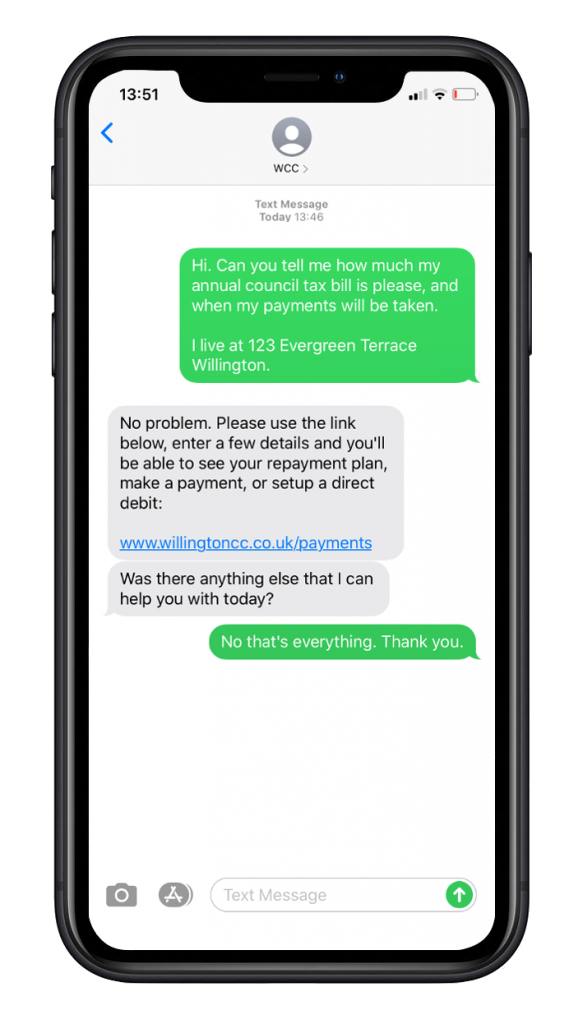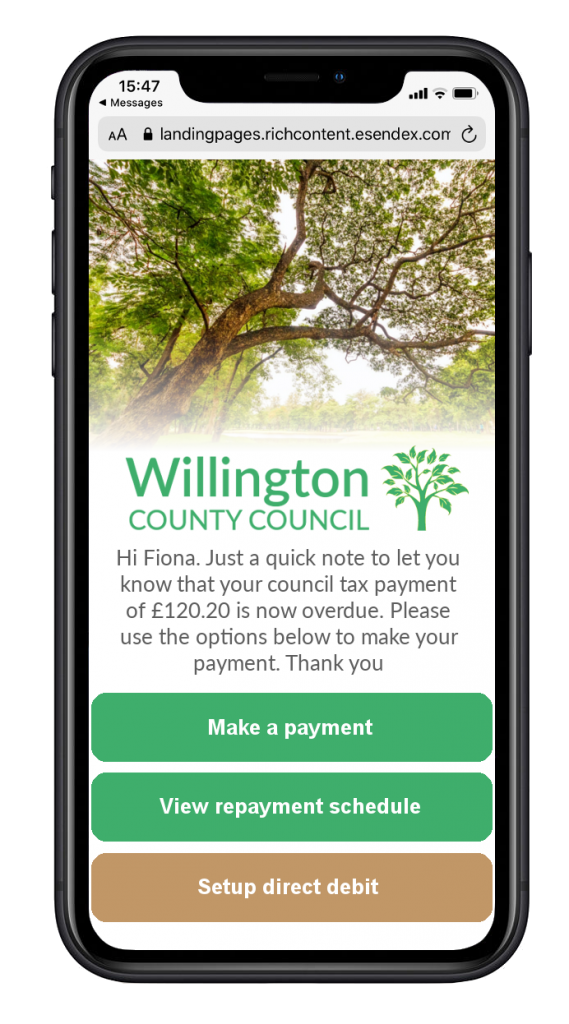
In the face of the challenges presented by the coronavirus crisis, local governments have to find new ways to make sure their contact centres are as efficient as possible. Here’s how an omnichannel chat strategy can help.
It was hard enough already for local governments before the arrival of Covid-19. Large scale budget cuts were already in full effect, but now with the pandemic’s arrival, local governments also have to deal with income losses due to lower levels of business rates, council tax and transport fares.
In fact, the Mayor of London, Sadiq Khan stated, “local authorities will have no choice but to start making significant savings within days or weeks in order to balance our budgets”, warning of cuts to policing, the fire brigade, Transport for London and the Greater London Authority (source).
Digital transformation has been pushed as the key to saving costs in the public sector, and the demand is there: 59% of UK citizens already use digital platforms to interact with public authorities, and 42% would be willing to try new digital services. But in practice, large scale public sector IT projects are six times more likely to run over budget, and 20% more likely to run over schedule, than equivalent projects in the private sector (source).
However, low cost and easy to implement digital transformation solutions have arrived; and they can integrate with almost any legacy system. One area where this can make an immediate impact in terms of reducing costs and providing a better service to citizens is in your customer service teams.
The time for text-based chat in local government is now
Imagine that instead of making a call to speak to a customer service agent for a council tax enquiry, residents sent a text instead. A conversation between agent and resident would then take place via messaging software on the council’s side, and the resident’s mobile phone at the other. This might sound like a novel approach, but statistics show us that this is the way that residents now prefer to engage. In fact 64% of residents now prefer texting over making a call for support issues.
And the benefit of having conversations in this way? Well, for the contact centre agents, they’re now able to handle multiple conversations simultaneously, instead of having just the one. The council will be pleased too, as processes like handling council tax payments typically cost around £1.25 through a call, and 48p through an automated mobile-focused message. That’s a 61.6% saving.

Residents can enjoy the benefits too, with services available on-demand, with no need to wait on hold. If the council implemented a chatbot solution to automate simple processes like FAQs and payment handling, then services would also be available around the clock.
The next level – going omnichannel
As mentioned earlier, 42% of UK citizens are willing to try new communication channels to interact with local authorities. So instead of providing just SMS for your interactions, how about encouraging use of other text-based channels too? Next-gen channels like WhatsApp, RCS, and SMS Landing Pages provide your residents with richer, interactive tools (more on this later) and the chance to communicate in the environments where they’re most comfortable. All of this will in turn increase the chances of a successful outcome.
Importantly, all of these different message types can be managed from a single omnichannel chat platform, which will give the local government’s contact centre complete visibility of all their conversations, regardless of the channel being used. So the scenario where a customer contacts one agent via WhatsApp and another via SMS, and then has to repeat themselves, isn’t going to occur.
What can local governments use omnichannel chat for?
2-way conversations with customers
Almost any agent-based telephone conversation can be handled with a text-based interaction. From FAQs and account queries, to council tax collections and payment reminders, omnichannel chat can handle it.

For simple, heavily repeated interactions (E.g. parking fine collections), chatbots can also be deployed to completely automate the process and leave your agents to focus on more complex tasks.
Delivering richer messages to residents
An additional benefit of using next-gen channels like WhatsApp, RCS, and SMS Landing Pages is that it opens up new tools and functionalities to local governments. So, for instance, all of a local government’s branding and imagery can be included in the message, video can be included where appropriate, and interactive elements like buttons (which when selected can perform a certain task or link to an associated webpage).
The rich messages are built and stored within the omnichannel chat platform itself, meaning that agents have a library of predefined messages to choose from.
Rich messages are also a proven way to increase process conversions. In some instances their usage has increased revenues by 115% and a 20% click through rate compared with 5% for standard SMS.
When can you start saving your call centre resource?
We’ve successfully worked with a wide range of local governments to help maximise the potential of their call centres. If you’d like to find out how our omnichannel chat solution can help yours, please contact our industry experts today on 0345 356 5758 or email us at [email protected].



